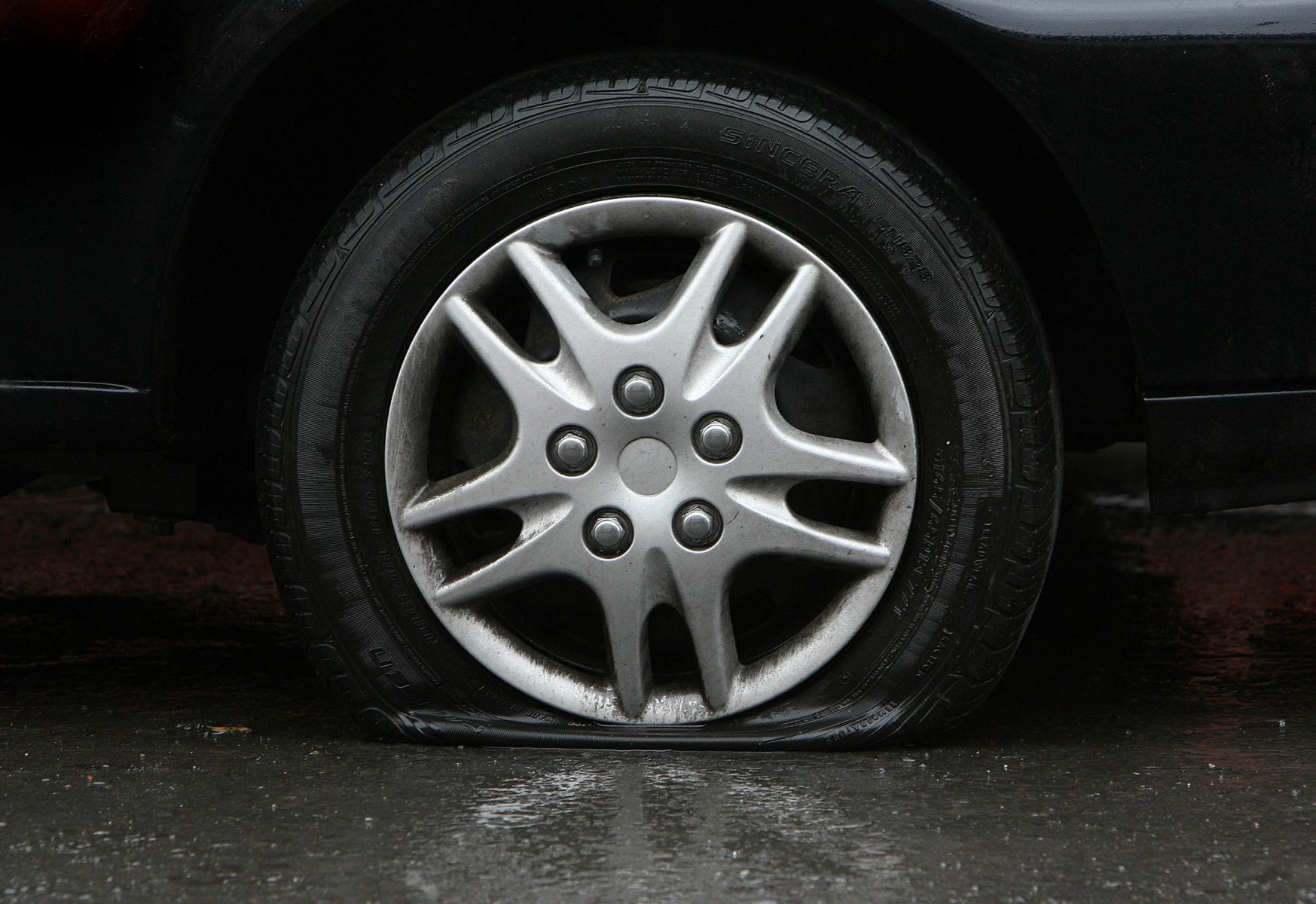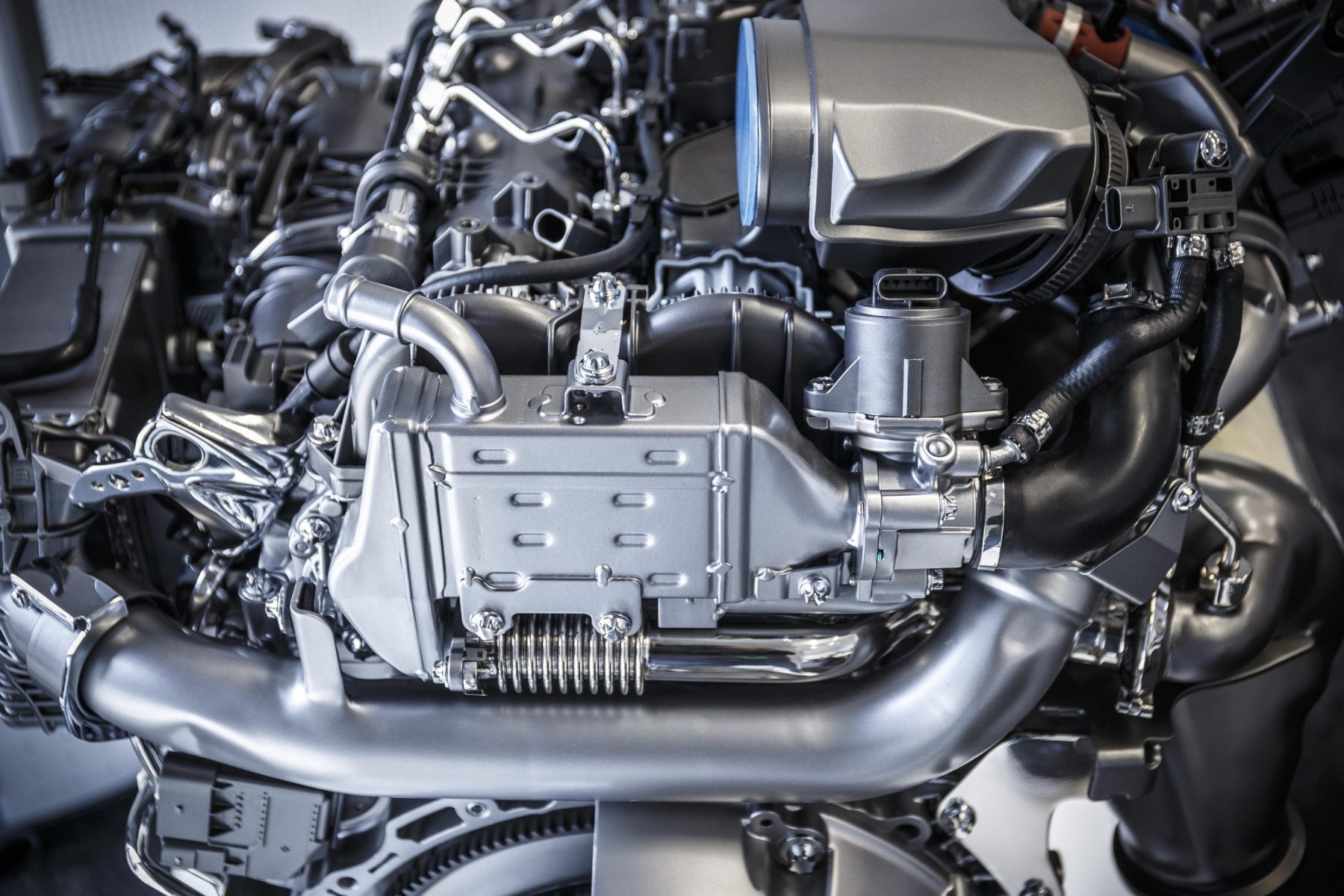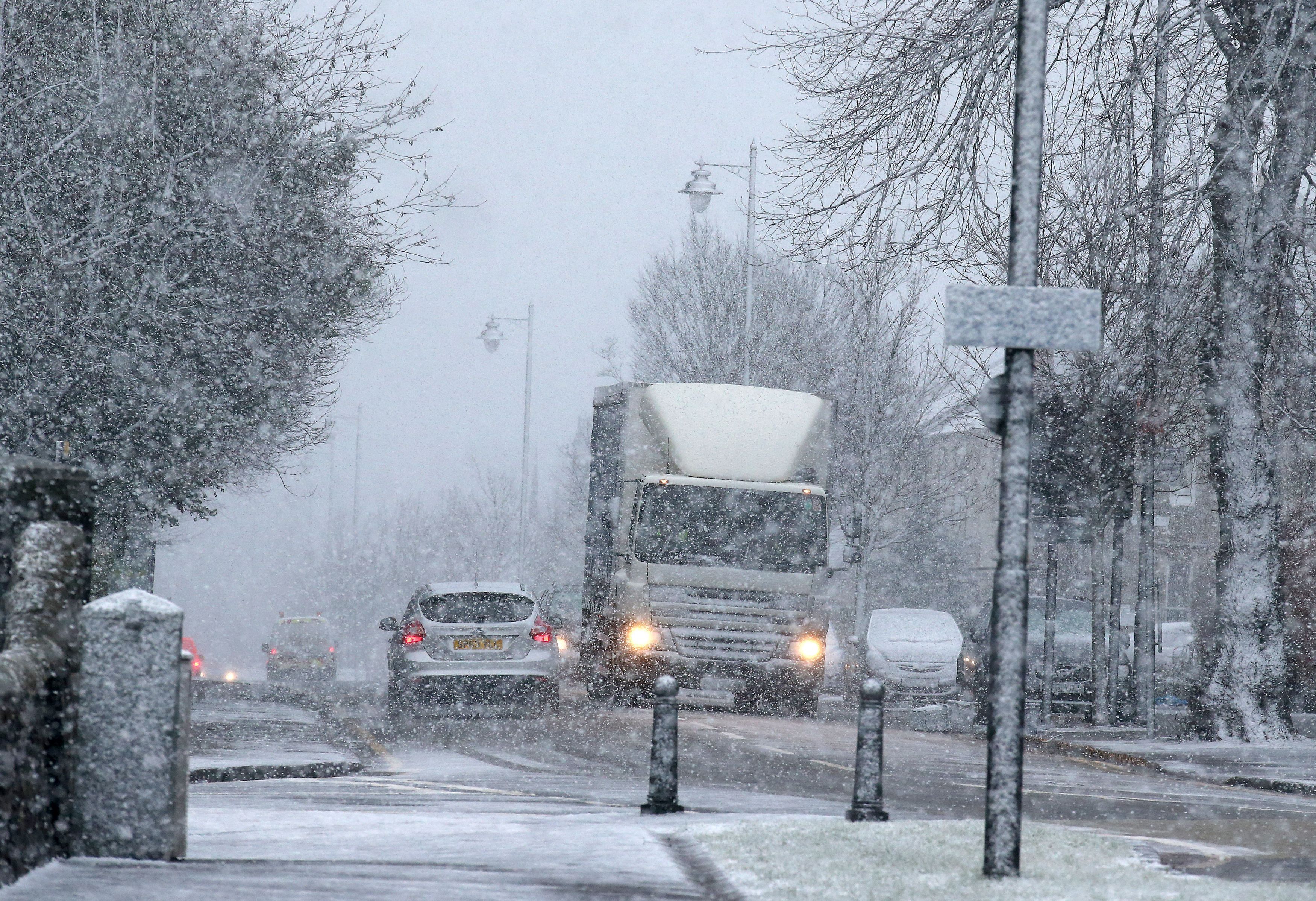When colder conditions arrive, few people realise the effect they can have on a car. Without a proper knowledge of how chilly temperatures can alter a vehicle’s set-up, you could quickly find yourself in trouble – or be hit with a repair bill. Here, we look at what changes when you drive in wintertime.
Battery problems

You may have driven your car throughout the summer and found it starts on the button at every turn of the key. However, without checking your battery, you could quickly find yourself unable to start a car once temperatures drop. Lower temperatures put added strain on the battery and cause it to be less efficient – which is why when the weather gets colder, you may find that an older battery is unable to start a car.
Tyre pressures can drop

Colder temperatures can cause tyres to lose pressure. This is particularly dangerous, as under-inflated tyres don’t return the best braking or traction levels – both of which are crucial in winter conditions. Ensure that you check your tyre pressures regularly and inflate them if they are low.
Wipers aren’t as effective
With the increase of grit and salt on the roads, you may find that your wipers aren’t as effective as they were in warmer and driver conditions. This is particularly noticeable when the blades are old. Replacing them is the best solution to smeary, ineffective wipers.
Spark plugs misfire

Because cold weather can cause an engine to struggle starting, it puts pressure on certain components. One of the first to be affected are the spark plugs. If the plugs aren’t firing effectively, it can mean the engine won’t crank and therefore won’t start. Make sure the spark plugs in your car have been checked and, if found to be working inefficiently, replaced.
Fluids can thicken

When outside temperatures fall below freezing, a car’s fluids can thicken and, as a result, work less effectively. How do you avoid this? The best way is simply to run the car for five to 10 minutes before driving away, ensuring it is warmed up properly.
Exterior panels take a beating

During the winter, grit and salt on the roads are whipped up and can take a toll on your car’s bodywork – and grimy windscreen can prove dangerous, too. This is why it’s important to keep washing your car with fresh water throughout the winter period – even if it doesn’t feel like the best time to take a bucket and sponge to your motor!

